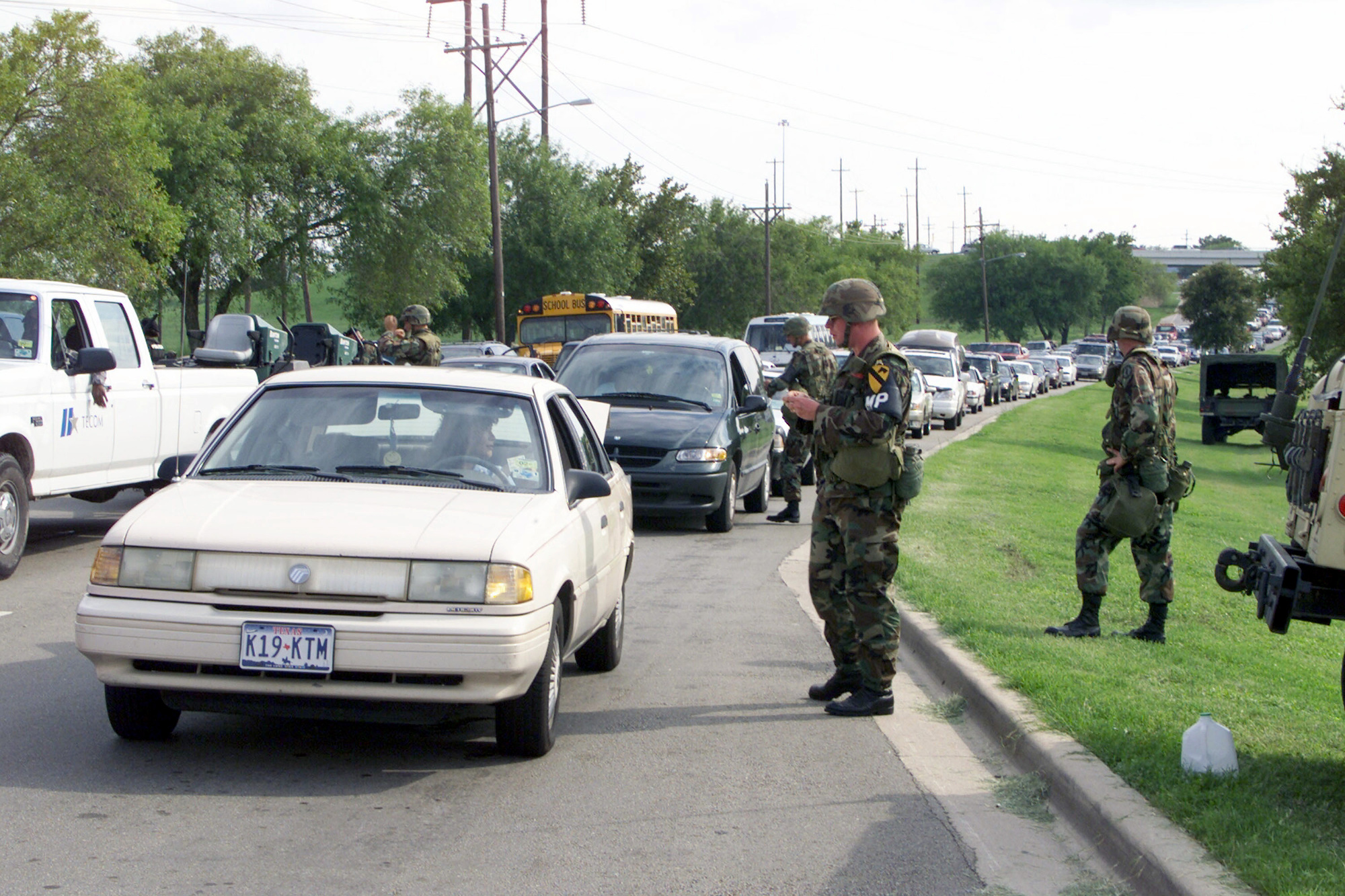cageymaru
Fully [H]
- Joined
- Apr 10, 2003
- Messages
- 22,087
The Pentagon has taken notice of reports that fitness trackers can be used to easily track and spy on FBI agents, nuclear technicians, and other employees working at sensitive bases. This is due to the devices tracking the user's route and posting it to social media in addition to a lack of encryption on account IDs and data streams. The Pentagon has created a memo detailing the "significant risk" GPS locating software on cellular phones and the fitness trackers pose as security risks. The devices will be required to be turned off in certain operational areas.
Army Col. Rob Manning, a Pentagon spokesman, said it's a move to ensure the enemy can't easily target U.S. forces. "It goes back to making sure that we're not giving the enemy an unfair advantage and we're not showcasing the exact locations of our troops worldwide," Manning said.
Army Col. Rob Manning, a Pentagon spokesman, said it's a move to ensure the enemy can't easily target U.S. forces. "It goes back to making sure that we're not giving the enemy an unfair advantage and we're not showcasing the exact locations of our troops worldwide," Manning said.
![[H]ard|Forum](/styles/hardforum/xenforo/logo_dark.png)

